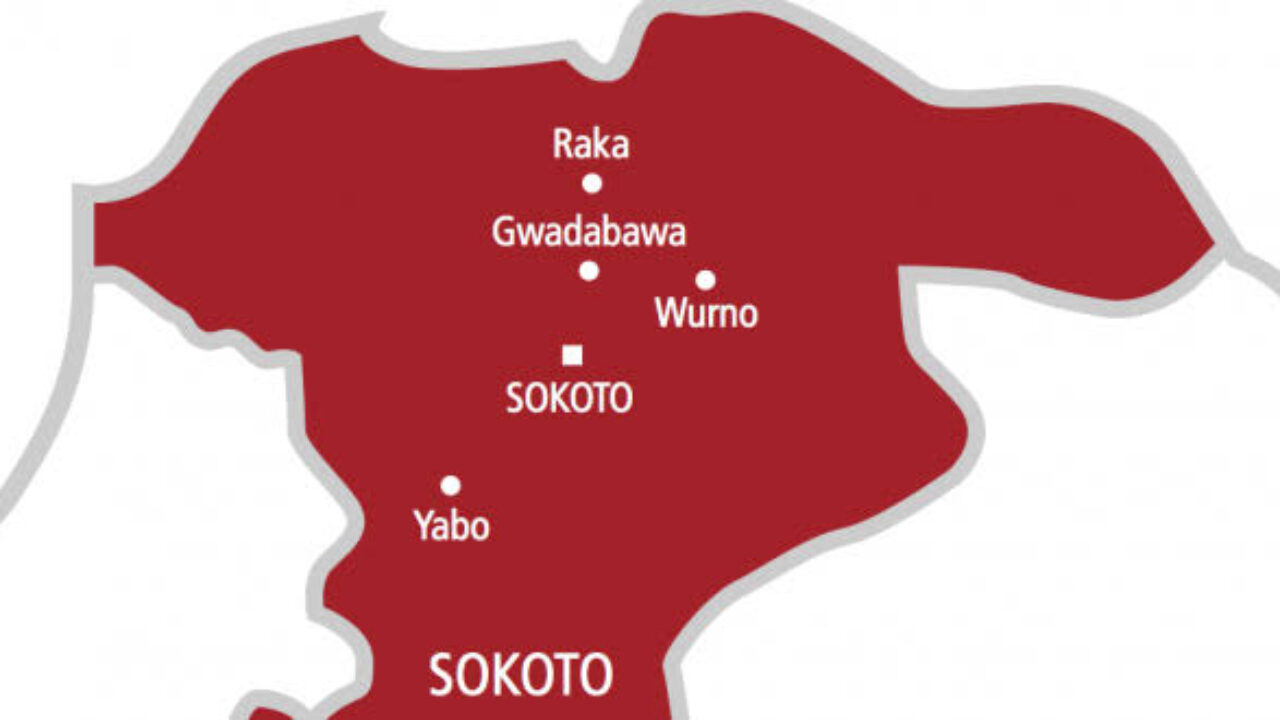Nigeria and the United Nations have signed a new Regional Partnership for Democracy (RPD), a framework designed to enhance elections, mitigate political instability, and strengthen democratic institutions across West Africa.
Speaking on Monday at the signing ceremony in Abuja, the Minister of Foreign Affairs, Yusuf Tuggar, said the initiative reflects Nigeria’s commitment to building a stable and people-driven democratic environment on the continent.
He noted that the pact is designed to help African countries tackle persistent governance challenges, including weak institutions, limited citizen participation and rising political violence.
Tuggar thanked the United Nations Office in Nigeria and its development partners for their support, stating that the collaboration demonstrates a shared belief in Africa’s democratic potential. He explained that despite reforms at national and regional levels, several African countries still struggle with credible elections, unconstitutional changes of government and the growing influence of misinformation.
According to him, the RPD offers a home-grown response to these issues by promoting democracy rooted in African values and local realities, while drawing from global best practices.
“Democracy thrives when it reflects the people’s culture and lived experience,” he said, warning that adopting foreign models without context often leads to institutional weaknesses and political tension.
The minister described the RPD as President Bola Tinubu‘s contribution to strengthening democracy on the continent.
He said the programme will reinforce electoral systems, deploy early-warning tools to detect potential crises and support youth and civil society participation in governance. It will also help counter disinformation and promote long-term stability, aligning with the African Union’s Agenda 2063 and the United Nations’ Sustainable Development Goal 16.
Tuggar confirmed that the RPD Secretariat will operate from the Ministry of Foreign Affairs, while its technical team will be based at the UN Resident Coordinator’s Office in Abuja. He added that although Nigeria and the UN are the first signatories, the pact is open to all West African countries and will eventually extend to other regions of Africa seeking sustainable democratic solutions.
He urged development partners and friends of Africa to support the initiative, saying the framework provides a credible platform for reversing democratic decline and strengthening trust in public institutions.
“This is an African solution to an African challenge,” he said.
Recently, Tuggar disclosed that the relationship between Nigeria and Germany is improving, with over 90 German companies currently operating in the country.
He disclosed this at the German Unity Day celebration in Abuja.
“Over 90 German companies now operate in Nigeria, contributing to job creation and technology transfer, and reinforcing Germany’s position as Nigeria’s second-largest trading partner,” Tuggar, who was represented by the Chief of Protocol, Ministry of Foreign Affairs, Wahab Akande, said.






